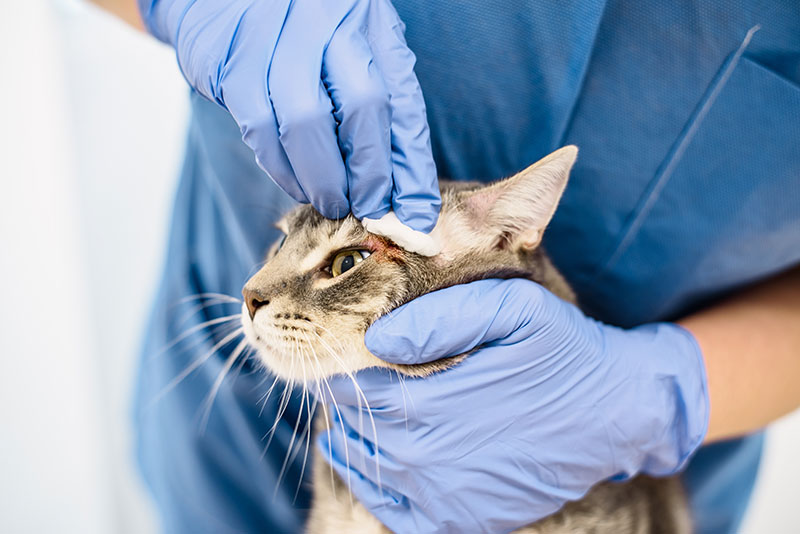
Surviving Spring: Managing Pet Allergies for a Happier, Healthier Pet
Allergies are not just limited to humans but can also affect pets, causing them to experience a variety of symptoms such as itching, redness, and discomfort. While pet allergies can occur throughout the year, the spring season can be a particularly troublesome time for our furry friends.
During this season, an increase in pollen, dust, and other environmental allergens can trigger allergies in pets, leading to a range of symptoms including skin irritation, respiratory issues, and gastrointestinal problems. As a pet owner, it’s important to be aware of the potential for spring allergies in pets and take steps to mitigate their effects on our furry companions.
Recognizing the Signs: Common Symptoms of Allergies in Pets
Itching and scratching
Redness and inflammation
Sneezing and coughing
Ear infections
Digestive issues
It’s important to note that these symptoms can also be caused by other conditions, so it’s always best to have your pet examined by a veterinarian to determine the cause of their symptoms.


Treating Your Pets Allergies At White Haven Veterinary Hospital
At White Haven Veterinary Hospital, we understand that allergies can cause discomfort for both pets and their owners. Our team is dedicated to providing assistance and support to help your pet overcome their allergies. If you notice any symptoms of allergies in your pet, don’t hesitate to reach out to us to discuss treatment options or simply schedule an appointment today! By collaborating together, we can work towards improving your pet’s comfort and overall well-being.








